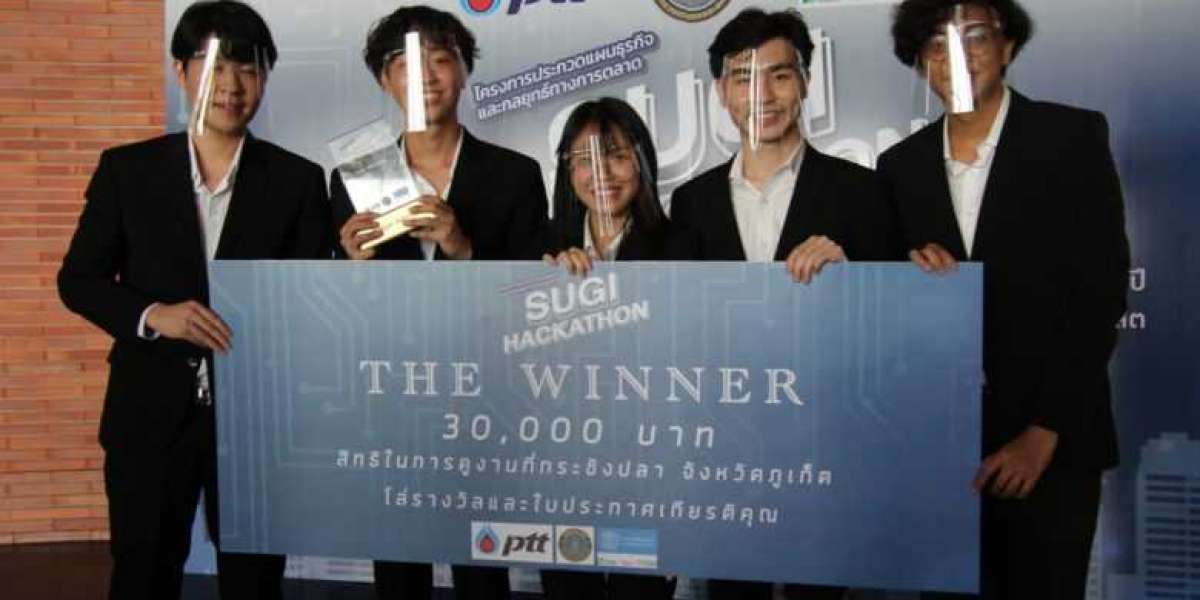A research team at The Education University of Hong Kong (EdUHK) emphasises the use of local research to inform parenting practices. It provides evidence-based strategies for parents that take into account local customs and ideas. The research results have helped educate over half a million parents, promoting parent–child relationships and leading to more positive child development.
Led by Dr Ian Lam Chun-bun and Dr Eva Lau Yi-hung, Associate Professors at the Department of Early Childhood Education, their research studies fill important gaps in the international literature and identifies effective parenting strategies in the Chinese context to promote positive child development. The findings highlighted (a) the importance of involving both mothers and fathers; (b) the contribution of family activities to the development of children’s knowledge of letters and numbers; and (c) the role of family relationships in shaping children’s executive functioning and socioemotional competence.
The qualitative research1 revealed that Chinese fathers in Hong Kong tend to budget more time for their children than fathers in other cultures, and that the quality, rather than quantity, of fathers’ involvement affects the children’s level of aggression at school. It found that fathers’ warmth is linked to a decrease in aggression in kindergarten boys and that fathers are highly aware of the quality of their involvement in their children’s development.
The researchers found that parental involvement outside the classroom is important for children’s academic achievement. Mothers’ involvement in interactive reading and stimulating games leads to an increase in their children’s love for school and participation at school; and family activities such as building blocks and craft-making develop visual motor skills and are linked to Chinese reading and writing ability in kindergarten.
The study2 also found that parent-child and co-parenting relationships shape the development of children’s soft skills, such as controlling impulses, regulating emotions, and making friends, thus preparing children for formal learning. Further study3 revealed that co-parenting cooperation where mothers and fathers reinforced each other’s authority as parents was linked to children’s socioemotional competence.
Armed with these findings, the researchers used the media, knowledge exchange activities and intervention to raise awareness of culturally-sensitive parenting, shape the practices of non-academic professionals, and promote children’s soft skills. Dr Lam published articles on parenting on a Facebook page, which attracted over 10,000 followers and 12,000-plus likes and shares. He was later invited by one of the most influential and credible local newspapers to be a regular columnist on family issues. His articles were also featured on the websites of the Education Bureau (EDB), HKSAR Government and other prominent education-related organisations. Dr Lau also produced videos on parenting in collaboration with major social media companies, which went viral with over 480,000 views, more than 9,300 likes as well as 6,600 shares.
The scholars used their research to disseminate parenting practices during numerous knowledge exchange activities, including a conference for high-level influencers, teachers, principals and government officials; in departmental newsletters; and in a booklet on home-school communication sent to all 1,000-plus local kindergartens. They also promoted maternal and paternal involvement in two family festivals hosted by the Centre for Child and Family Science of EdUHK, and five public talks commissioned by EDB, which attracted over 1,000 parents and change agents.
With the support of HK$19 million from the Simon K.Y. Lee Foundation, Dr Lam developed and ran an evidence-based, culturally sensitive intervention, namely “Early Prevention, Early Identification, and Early Intervention (3Es)” that showed parents and teachers how to promote children’s soft skills. Children practised these skills in joint activities at home and in structured activities at school. The project was implemented in 24 kindergartens, benefiting over 1,700 children. Over an eight-month period, children who received this early intervention showed faster growth in cognitive control, emotional regulation and expressivity, and empathy and prosocial skills, which was corroborated by the teachers’ observations.
1 LAU, Y. H. E. Casas, J. (2018). Coercive parenting, child temperament, and child aggression: A mixed methods and two-wave longitudinal study. Supported by General Research Fund (#18607017)
2 LAU, Y. H. E. (2015). A longitudinal study of parental involvement and school adjustment during the transition to school. Supported by Early Career Scheme (#28401914)
3 LAM, C. B. I. CHUNG, K. K. H. (2015). Parental Emotion Socialization: The Roles of Fathers, Parental Gender Attitudes, and Child Temperament. Supported by Early Career Scheme (#28401714)









